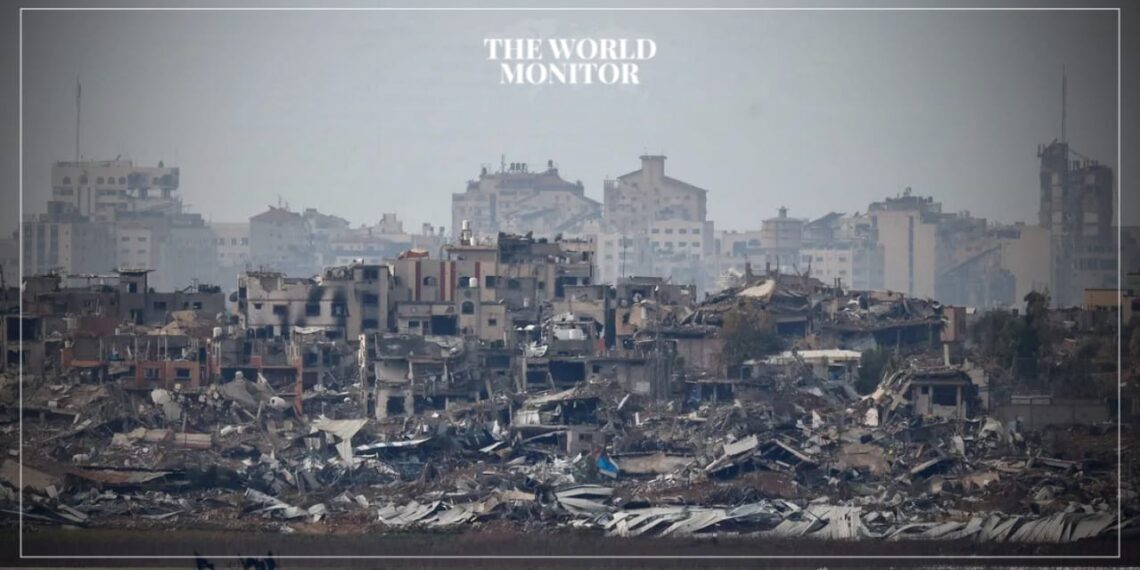The Palestinian Ministry of Health in Gaza reported substantial casualties due to Israeli military operations in the region since October 7th. The ministry stated that at least 24,285 Palestinians have been killed and 61,154 others injured due to Israeli artillery shelling and air raids across Gaza.
Additionally, the Ministry highlighted 15 massacres against families in Gaza, resulting in 158 deaths and 320 injuries within the past 24 hours. Many victims remain buried under rubble, unreachable by rescue teams.
The Palestinian news agency WAFA reported over 8,000 missing. On Tuesday, 13 bodies were retrieved by civil defense teams from the rubble in Al-Maghazi camp, central Gaza.
The ongoing conflict in Gaza, marked by a series of Israeli attacks and a severe humanitarian crisis, continues to be a focal point of international concern. Since Israel’s withdrawal from Gaza in 2005, the region has witnessed numerous escalations, including major offensives in 2008, 2012, 2014, and the 11-day war in May 2021, each leading to significant Palestinian casualties and widespread infrastructural damage.
The humanitarian impact on Gaza’s approximately 2.3 million inhabitants has been profound. The Israeli blockade, restricting the movement of goods and people, alongside repeated military actions, has severely affected daily life. This blockade has disrupted access to essential resources, including raw materials and electricity, placing immense strain on the economic and social fabric of Palestinian society.
The international community, including entities like the United Nations and various countries, has expressed concern over the escalating violence. Jordan’s King Abdullah has been actively involved in diplomatic efforts to mitigate the conflict. Simultaneously, international human rights organizations have called for a reduction in tensions and an end to the violence, highlighting the disproportionate impact on civilian life. The targeting of media offices by Israeli forces has drawn particular condemnation from global news agencies, emphasizing the broader implications for press freedom and civilian safety.






